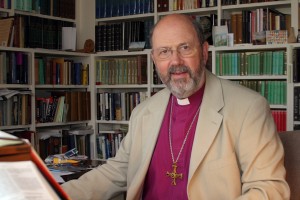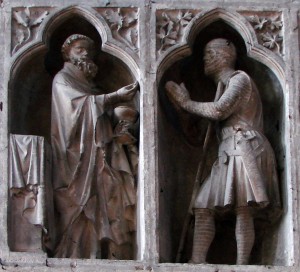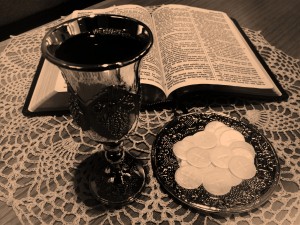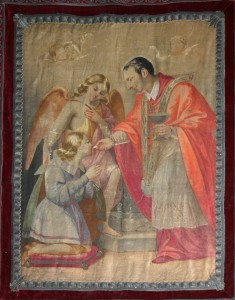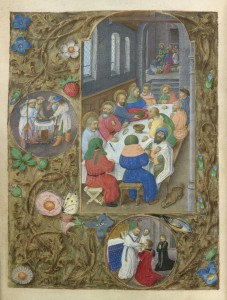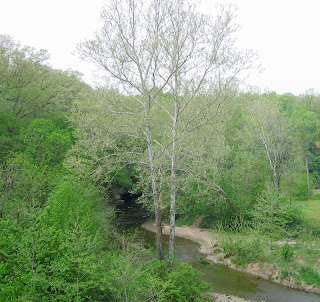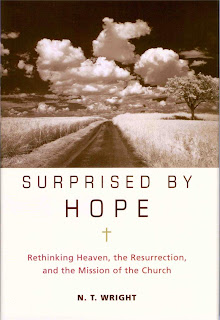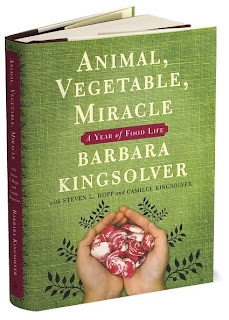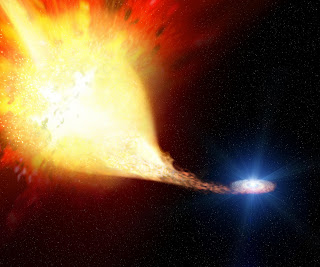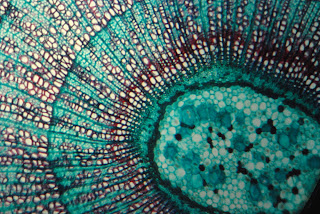To hear my blog post read aloud, just click the play button. If you’re reading this in an email, you may have to click here to hear the post on my site.
What is this proclivity of ours to divide ourselves? What is this propensity to force a choice, to say it must be either-or rather than and?
The more I read and listen to church leaders in other countries, in other faith traditions, in other times, the more I see our especially American tendency to eschew the middle of a continuum for the outer reaches.
We do this in religion and we do this in politics. Fundamentalism vs Liberalism. Republican vs Democrat. Often we confuse the whole thing completely and mix both religion and politics all up together in an inseparable soup of extremes.
Why can’t it be and?
Why can’t some of what fundamentalists teach and some of what liberals teach both be true? Is there truly no middle ground, no and?
N.T. Wright, a bishop in the Church of England and a respected theologian/historian who specializes in studying and writing about Jesus and 1st century Judaism and Christianity, spoke at a conference in America of the sacrament of the Lord’s Supper.
Wright described how the Roman Catholic church made the Lord’s Supper more and more mystical and ritual, almost turning it into something magical that had to be done with just exactly the proper rites in order for the bread and wine to become body and blood, and how the Protestant church reacted so strongly against this that they turned the Lord’s Supper into merely a symbol, a sign of something that happened a long time ago and nothing more.
Wright suggested that perhaps it is both. Perhaps instead of either the Catholic view or the Protestant view, it is and.
The Lord’s Supper, as Jesus gave it to the disciples and instructed them to continue to practice it, was simple. There was no formula that had to be done in order to make it work correctly. Yet it also was more than a symbol.
In some mysterious way, when we take the bread and the wine, we are taking into ourselves the body and blood of the risen Jesus. We are taking into ourselves the presence of the living Lord which then gives us the power and strength we need to go out into our community and meet the needs of those around us.
This view harmonizes with the other things that Jesus did and said, such as his imagery of the vine and the branches, saying that we must abide in Him and He must abide in us, otherwise we can do nothing (John 15).
Of course, God can find other ways of giving us the power we need to bring His kingdom here on earth, but this is the primary, continuous way that Jesus gave us.
If we open our hearts and minds, there are so many more and‘s to be found. There are many more ways in which the theology insisted upon by fundamentalism and the social justice insisted upon by liberalism are essential to each other rather than pressed up hard against one another.
If we find them, perhaps we can move one more step closer to the unity that Jesus prayed for us to have.
If we can only seek out the and.
Art credits: Eucharist relief; Catholic Eucharist; Protestant Eucharist; Eucharist tapestry; Eucharist in Prayer Book


